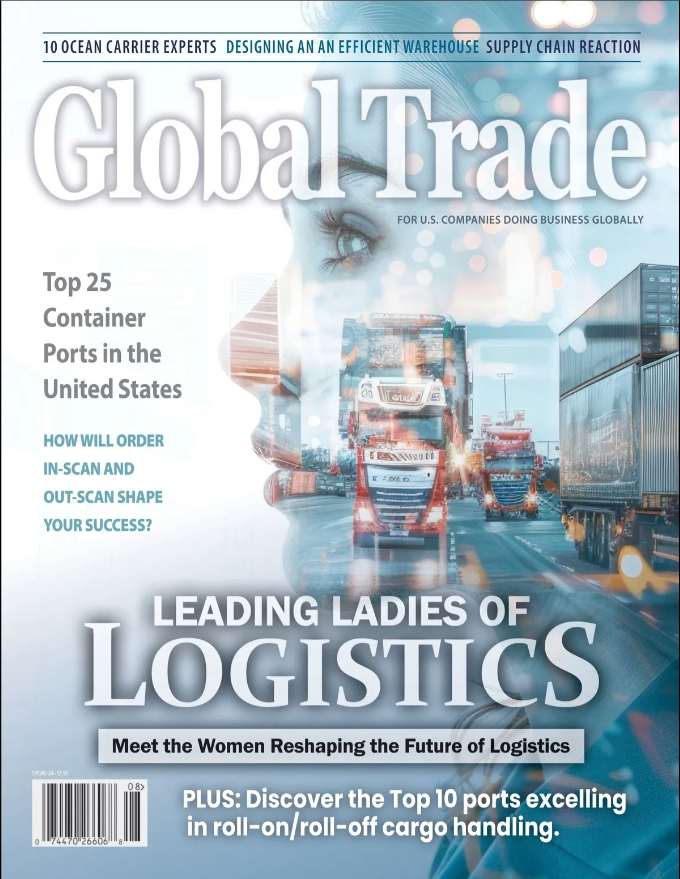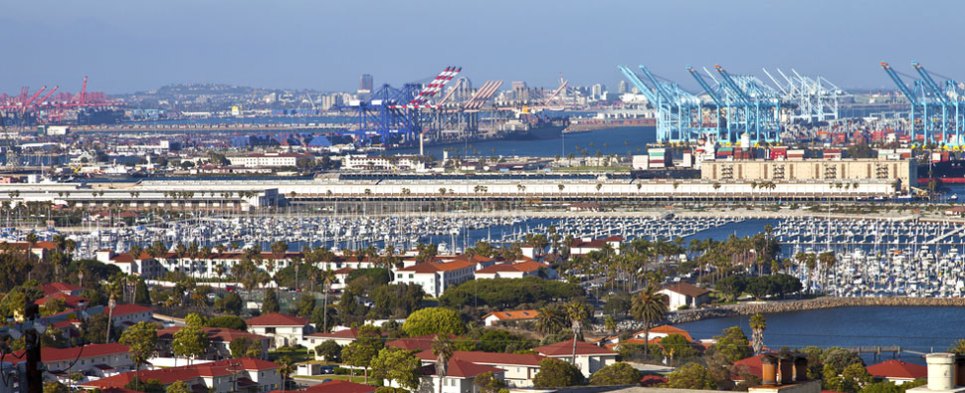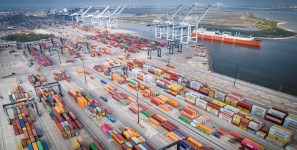Los Angeles and Long Beach Ports Cooperate on Supply Chain
The ports of Los Angeles and Long Beach have established a series of joint working groups desgined to optimize facilities and operations and smooth the flow of cargo through the San Pedro Bay port complex during the peak season.
The seven working groups are Peak Season 2015, Container Terminal Optimization, Chassis, Off-dock Solutions, Key Performance Indicators/Data Solutions, Intermodal Rail, and Drayage. Members of the working groups have been drawn from across the spectrum of port stakeholders, including shippers, shipping lines, railroads, trucking, equipment owners and labor.
The Supply Chain Optimization Steering Committee, which is composed of port leaders, will oversee the activities of the seven working groups.
The ports of Los Angeles and Long Beach, the two largest ports in the nation, and the tenth largest port complex in the world, handle 40 percent of total U.S. containerized import traffic and 25 percent of the nation’s total exports.
The Peak Season 2015 working group will be the first to meet and plans a series of intensive sessions that will study this year’s peak demand needs at the port complex.
The ports’ supply-chain optimization initiative flows from a ruling approved earlier this year by the Federal Maritime Commission that allows neighboring ports to discuss improvements to improve competitiveness, environmental sustainability, and security.
The kickoff to the effort came last April, when the ports hosted a joint meeting in Long Beach attended by drawing dozens of industry representatives who weighed in on their most pressing needs.
In addition to the working groups, the ports will convene advisory groups of environmental, industry, community, and government representatives to provide input on proposals set out by the working groups.





Leave a Reply